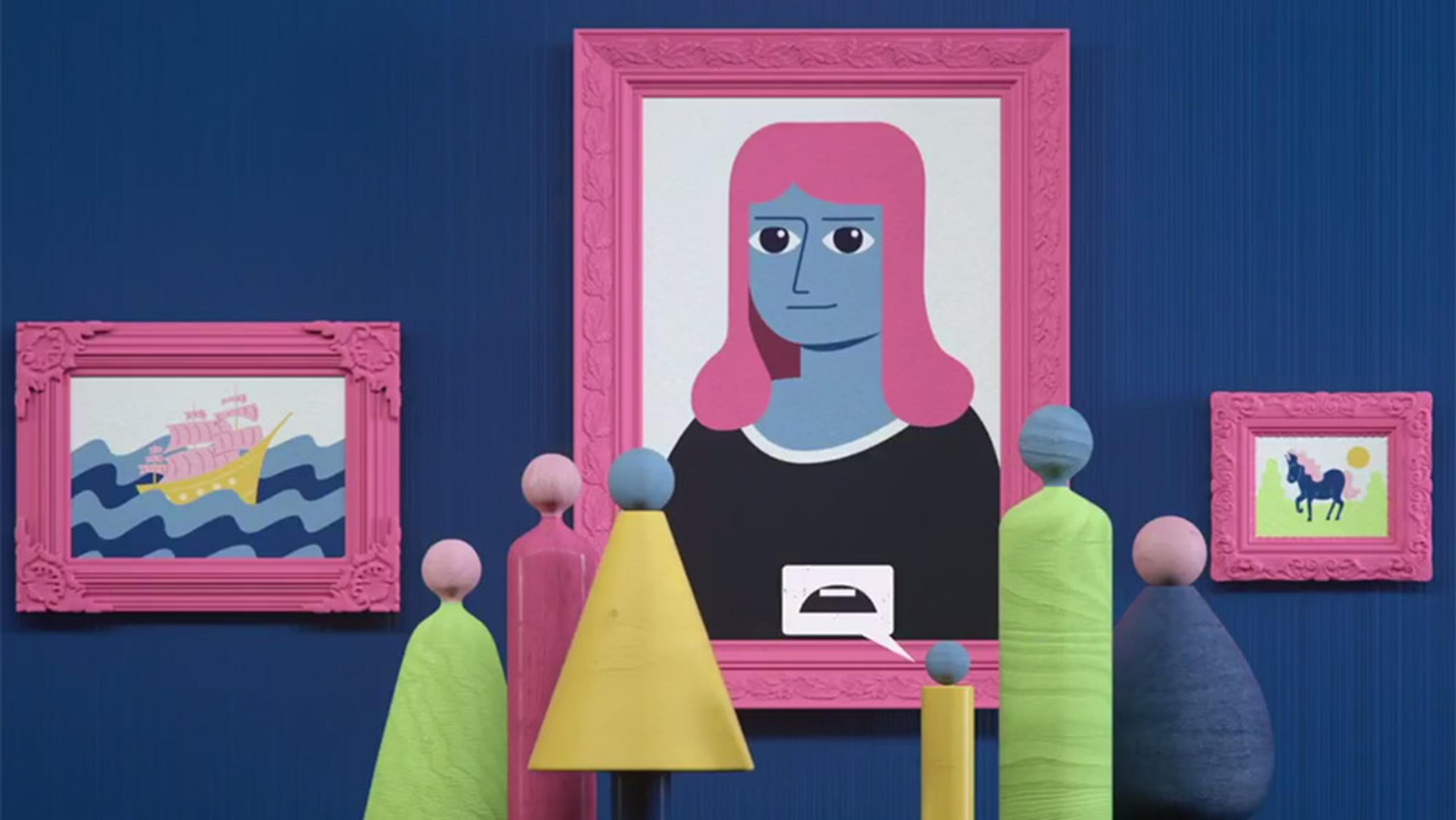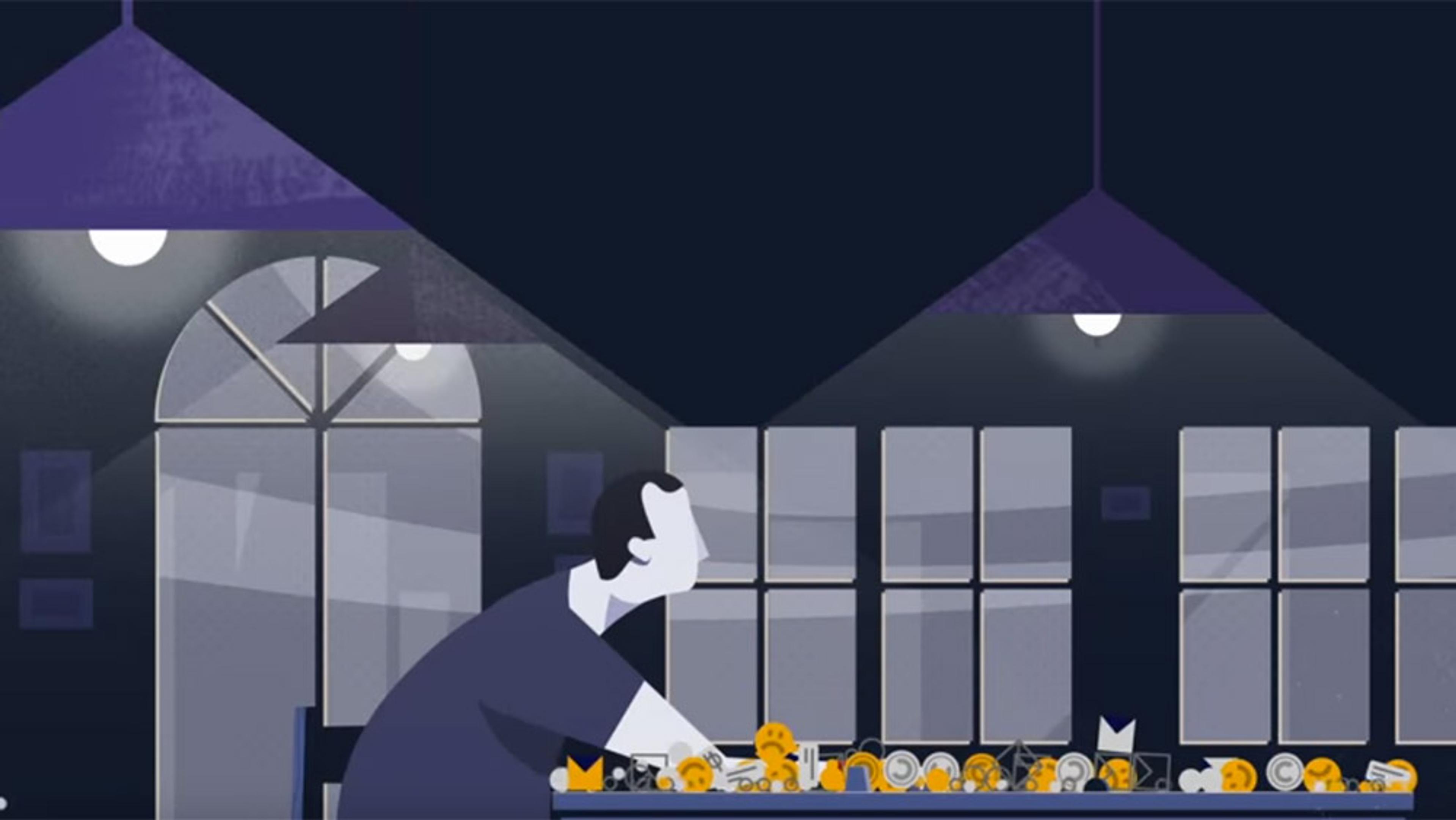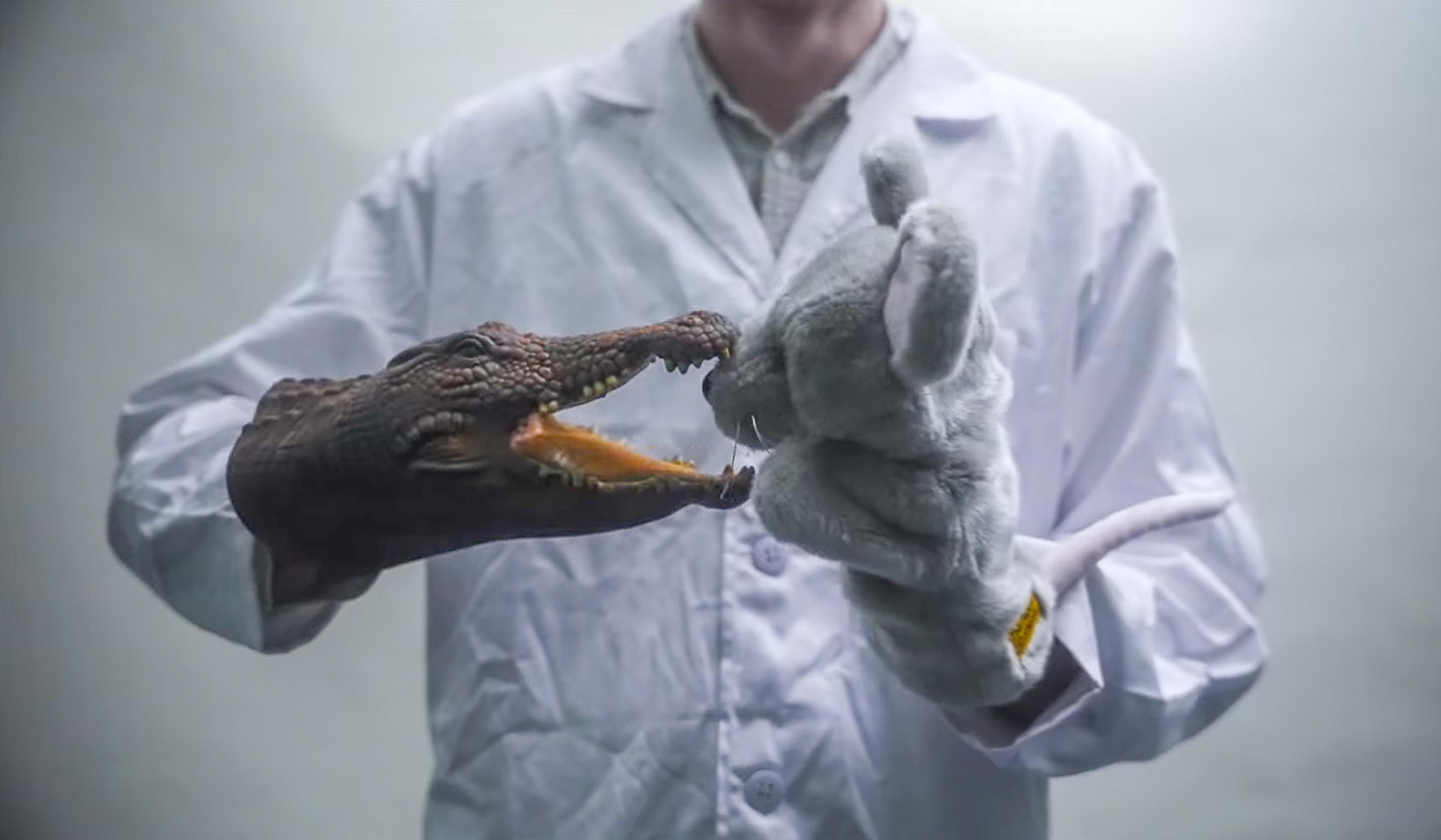‘It’s not the journey, it’s the destination’ might seem like trite advice, but when it comes to storytelling, the worn adage actually seems to hold up to scrutiny. Just ask Nicholas Christenfeld, professor of psychology at the University of California, San Diego: in a 2013 study, he put our cultural obsession with so-called ‘spoilers’ to the test. After sneakily revealing the end of short stories when describing them to test subjects, he found that their enjoyment of the fictional narratives actually increased – a conclusion that perhaps isn’t so surprising if you think about how many times you’ve watched your favourite movie or read your favourite book. However, Christenfeld still found that there was a forceful knee-jerk aversion to the idea of having a story spoiled, so you might still want to restrain yourself before blurting out the latest Game of Thrones twist to friends and insisting it’s for their own good.
Spoiler alert: does knowing how it ends make fiction more fun?
Video by University of California
Website: Fig. 1

videoNeuroscience
On the ‘beholder’s share’ – how past experience influences our perception of art
5 minutes

videoMaking
Is our love of built worlds in fiction making us too passive and disengaged?
7 minutes

videoStories and literature
Are certain familiar narrative arcs inherently appealing?
5 minutes

videoNeuroscience
How perception leaves the door open for augmented reality to transform our world
4 minutes

videoMood and emotion
Things can get much more interesting if we let ourselves feel bored
1 minute

videoDeath
Even in modern secular societies, belief in an afterlife persists. Why?
9 minutes

videoStories and literature
A beautiful woman dies and a man feels bad: why crime fiction needs a new MO
2 minutes

videoFilm and visual culture
To see how editing shapes our experience of cinema, count the shots in ‘There Will Be Blood’
7 minutes

videoCognition and intelligence
Why it’s so easy to cheat without feeling dishonest
11 minutes